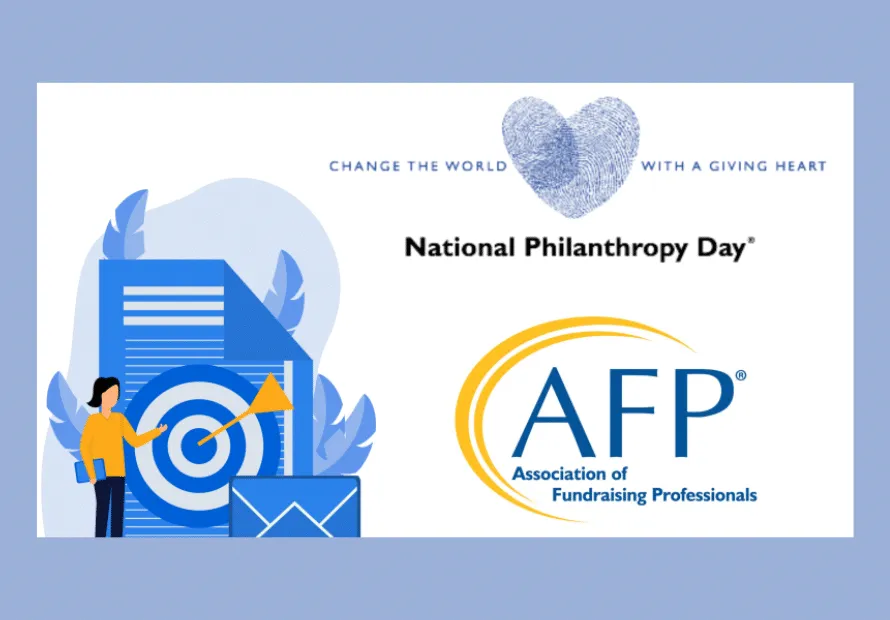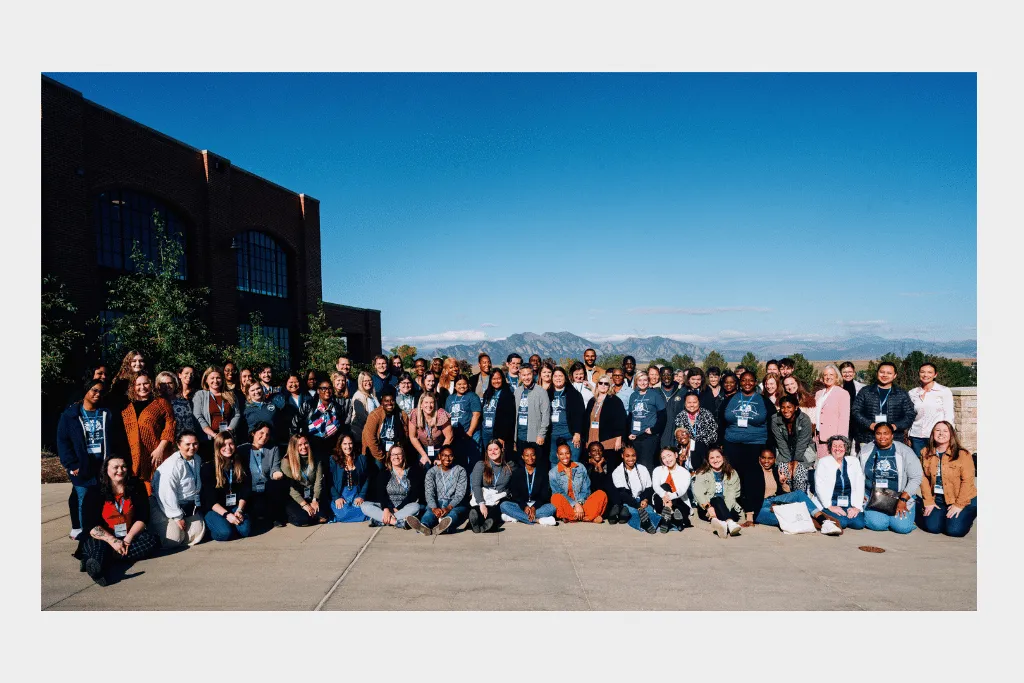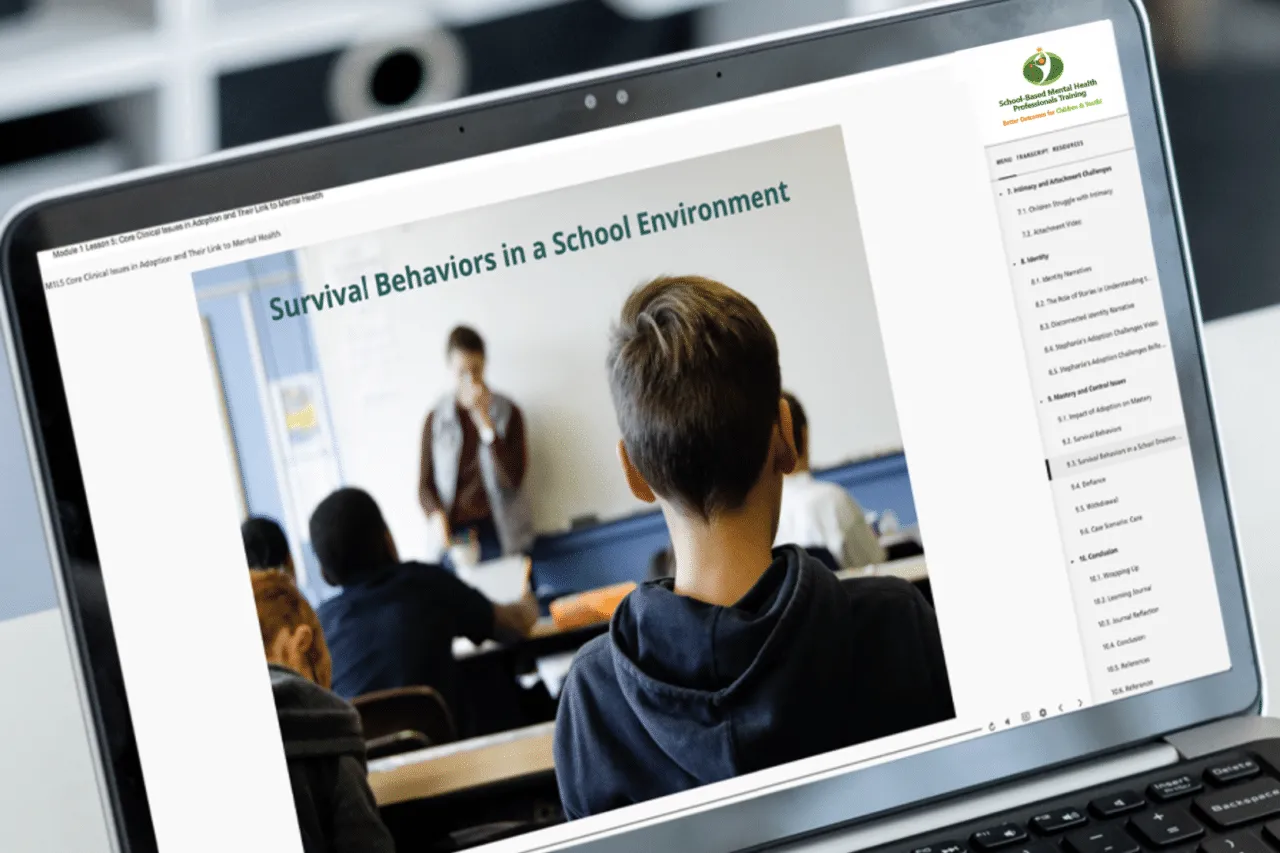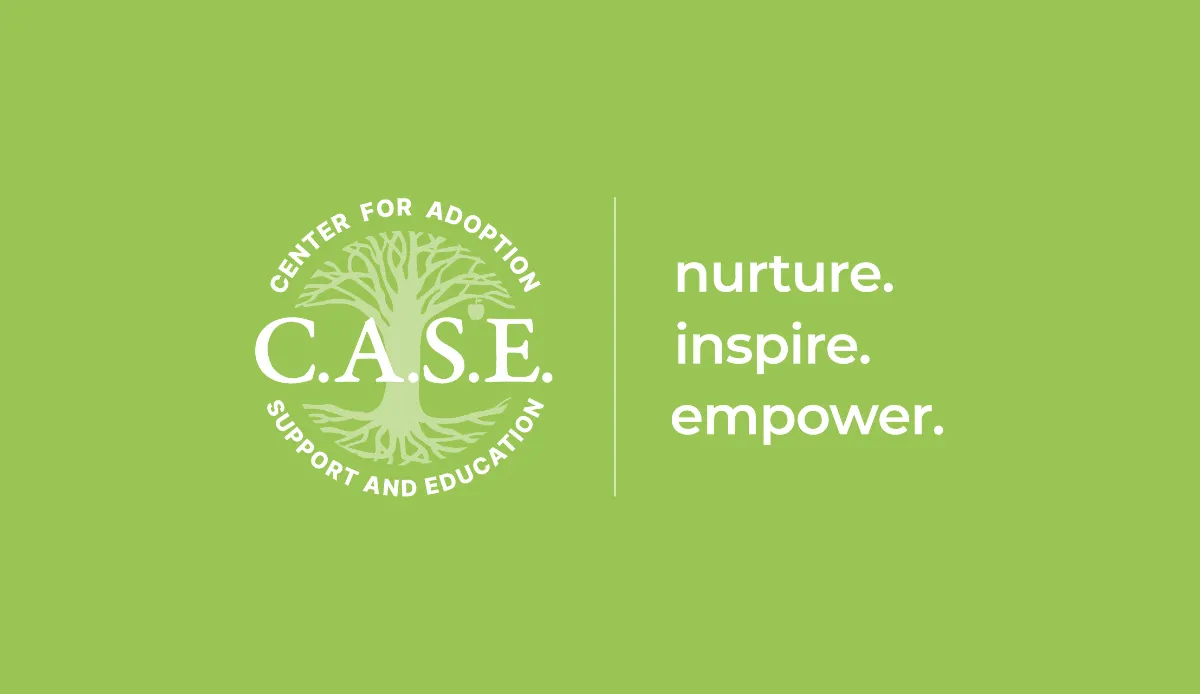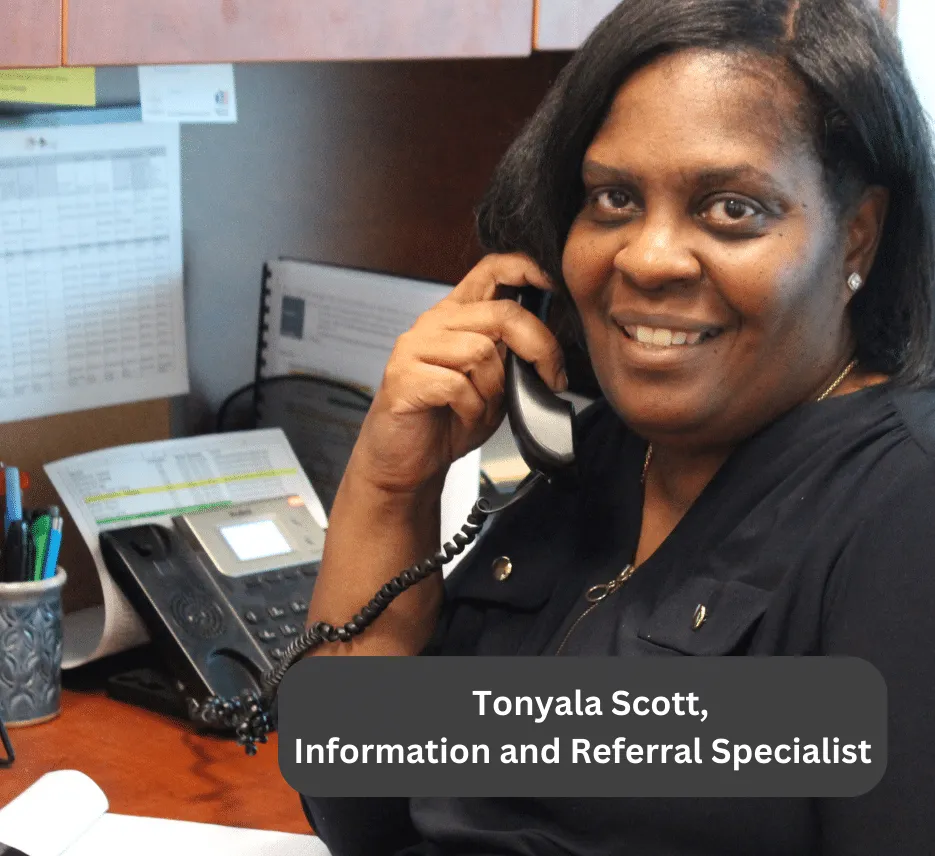School Refusal: Understanding, Identifying, and Managing
School Refusal: Understanding, Identifying, and Managing

School refusal is a complex and distressing issue that affects students, parents, and educators alike. It goes beyond the occasional desire to skip school or a class; it’s a continual pattern of avoidance or resistance to attending school that can have serious consequences for a child’s education, social development, and mental well-being. For students touched by adoption, foster and kinship care, school refusal can be rooted in issues directly related to their unique lived experiences.
What is School Refusal?
School refusal, also referred to as school phobia or school avoidance, is not just about a child not wanting to go to school. It’s far more complicated, characterized by extreme emotional distress, anxiety, or fear associated with attending school. Children experiencing school refusal may be overwhelmed by the idea of going to school and may present physical and emotional symptoms, such as headaches, stomachaches, panic attacks, crying or aggressive outbursts.
Age Groups Most Affected
School refusal can affect all age groups but is most observed in early childhood (around ages 5-7) and adolescence and teens (around ages 11-17). In early childhood, separation anxiety from parents or caregivers is a frequent trigger, while in early adolescence, the pressure to conform, social anxiety, and academic stress often play significant roles.
Underlying Conditions: Anxiety and Depression
School refusal is often a manifestation of an underlying issue like generalized anxiety disorder, social anxiety disorder or depression (including feelings of hopelessness, sadness, and a lack of motivation) that may be exasperated by ongoing concerns and fears such as:
- Something bad might happen to their family while they are away at school (separation anxiety).
- The fear of social interactions, performance expectations, or bullying can lead to extreme anxiety about attending school.
- Attending too many schools due to multiple foster care placements.
- Embarrassed by change in living situation (same school, different guardian, or caregiver).
- Fear that belongings will be packed up and home will be lost while away at school.
- Not feeling comfortable answering questions or explaining adopted family.
How Should Parents and Caregivers Handle a School Refusal Situation?
Dealing with a child who refuses to go to school can be incredibly challenging for parents and caregivers. Here are some steps that can be taken to address the situation with empathy and support:
- Listen to Your Child: Encourage them to talk about their feelings and fears regarding school. Listen actively and non-judgmentally for an understanding of their perspective and to uncover root issues.
- Observe Patterns: Are there certain days of the week or certain classes during the day that school refusal is more of an issue? Is refusal triggered by family visits, extended illnesses, or holidays?
- Be An Advocate: Parents and caregivers are the leaders of the child’s support team. Build a team of teachers, counselors, physicians, therapists, and family members that can provide support while navigating towards a solution.
- Consult a Mental Health Professional: Get help to identify the underlying issue. Determine whether anxiety, depression, bullying, academic stress, or any other factors are contributing to your child’s reluctance to attend school.
- Reach Out to School Staff: Identify a go-to person at your child’s school to build a relationship with to help advocate on behalf of your child. A school counselor or teacher can provide valuable insights, provide strategies for addressing the underlying issues and help avoid reaching a truancy classification if school refusal persists.
- Establish a Routine: Create a structured daily routine that includes consistent sleep patterns, healthy meals, and regular physical activity. This can help alleviate anxiety and provide a sense of stability.
- Provide Emotional Support: Reassure your child that you are there to support them no matter what. Offer encouragement and praise for their efforts to attend school, even if it’s just for a short time.
- Avoid Punishment: Avoid punishing your child for refusing to go to school, as this can intensify their anxiety. Instead, focus on positive reinforcement and rewards for attending school or making progress.
School refusal is a challenging issue that requires understanding, patience, and a collaborative approach between parents, educators, and mental health professionals. By addressing the underlying causes and providing appropriate support, children experiencing school refusal can overcome their fears and return to a healthy, productive school life.
Authored by Jessica Moses, MSW, MDiv., LICSW, RYT 200 and Paris Terrell, LMSW, C.A.S.E. Adoption-Competent Therapists




